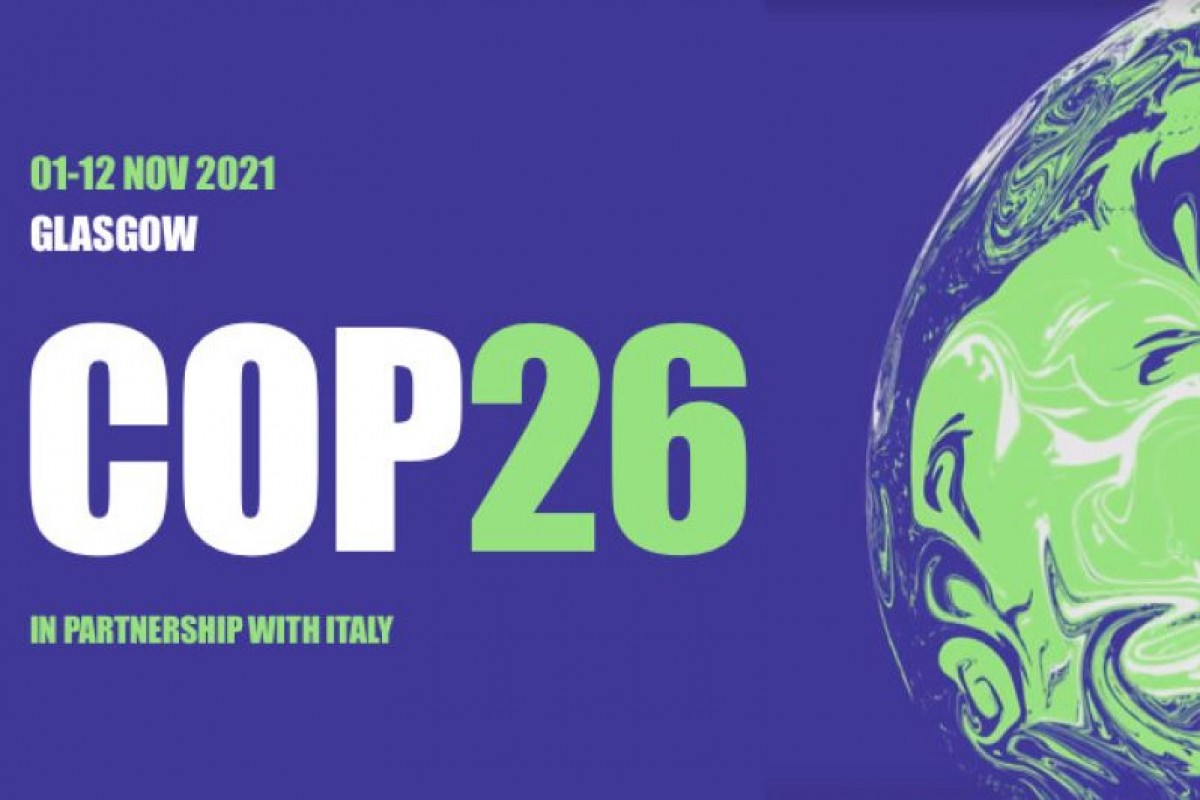GLASGOW – The Philippine Department of Energy (DOE) has welcomed the pronouncements made by the United States on its renewable energy (RE) plans, and shared the country’s sustainability approach during the recent launch of the Clean Energy Demand Initiative (CEDI) at the 26th United Nations (UN) Climate Change Conference of the Parties (COP26) here.
John Kerry, US Special Presidential Envoy for Climate, announced the Clean Energy Demand Initiative’s plans for the private sector to go 100 percent RE, as part of their response efforts to combat the climate crisis.
Responding to Secretary Kerry’s speech, DOE Undersecretary and Spokesperson Felix William Fuentebella lauded the latest intervention of the US, and recommended that before going fully renewable, the US companies should first consider practicing energy efficiency and conservation (EE&C).
“In our experience, the enactment of the Philippine Energy Efficiency and Conservation Law in 2019, which, before its enactment, had been pending in Congress for about 29 years, was a gamechanger. It enables us to influence the behavior of our consumers by positively shaping their energy consumption habits and empowering them to make wiser energy decisions,” Undersecretary Fuentebella stated.
The Undersecretary added that this law has broadened the basic energy literacy of Filipinos, whose appliance purchases are now gradually being guided by information on energy labels.
There has likewise been a growing movement to integrate energy efficiency in the design and construction of buildings in the country, to report the energy consumption, and to accredit energy managers and energy service companies to assist the consumers in attaining their energy efficiency targets.
In the Philippines, Energy Secretary Alfonso Cusi has been vocally advocating for social and climate justice, as countries all over the world jointly move towards the attainment of a sustainable energy future.
In various domestic and international fora, the Energy chief has called for more proportionate policy mechanisms from the developed nations, considering that the Philippines, “while not a significant instigator of climate change, continues to suffer from its worsening wrath year after year."
Secretary Cusi maintains his support for the energy transition, which “comes as a means to improve the lives of the Filipino people," so long as the process would not compromise the country’s energy security goals or the welfare of its energy consumers.
After Secretary Kerry's speech, Undersecretary Fuentebella shared the various policy mechanisms that the Philippines has put in place to enhance its clean energy landscape, which are now also helping accelerate the country’s energy transition.
These include the synergy of battery and other energy technologies, information communication technology, and energy resiliency.
Focusing on the RE mechanisms that empower the consumers, Undersecretary Fuentebella discussed the benefits of the Net Metering program, the Green Energy Option Program, Renewable Portfolio Standards, and the Renewable Energy Market.
“We are pleased about this US initiative, because for us in the Philippines, our consumers come first. Our advocacy for climate justice is not only a demand for compensation, but also for the provision of opportunities to implement activities that would help us reach our immediate energy transition goals,” the Undersecretary concluded.
Undersecretary Fuentebella was part of the 19-member Philippine Delegation to COP26.
The Philippine team was headed by Finance Secretary Carlos Dominguez III, and includes officials from the Departments of Finance (DOF), Department of Foreign Affairs (DFA), Department of Environment and Natural Resources (DENR); DOE; and the Office of the President (OP).
COP26 is two-week international summit seeking to accelerate the realization of the goals of the Paris Agreement and the UN Framework Convention on Climate Change.
It is internationally dubbed as the “world’s last best chance” to avert the irreversible and catastrophic impact of climate change on the planet and humanity. (DOF)



